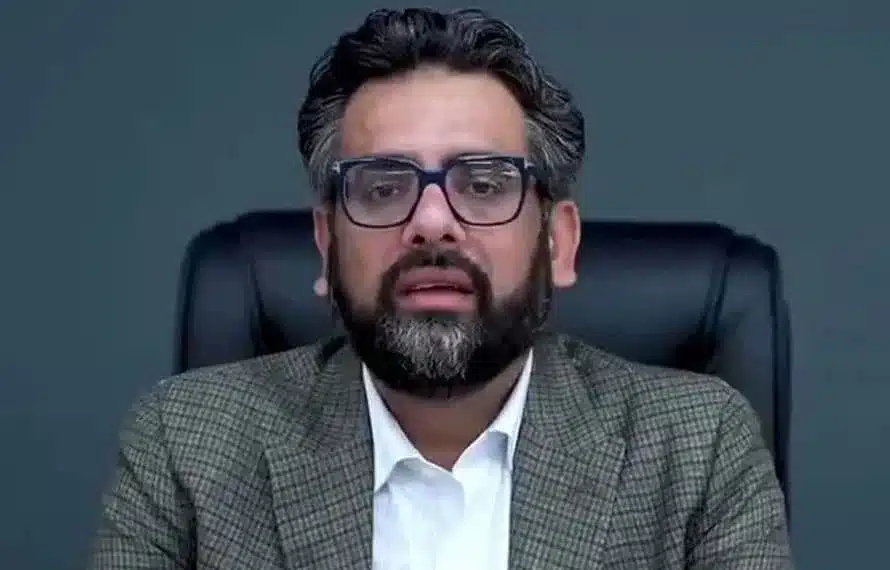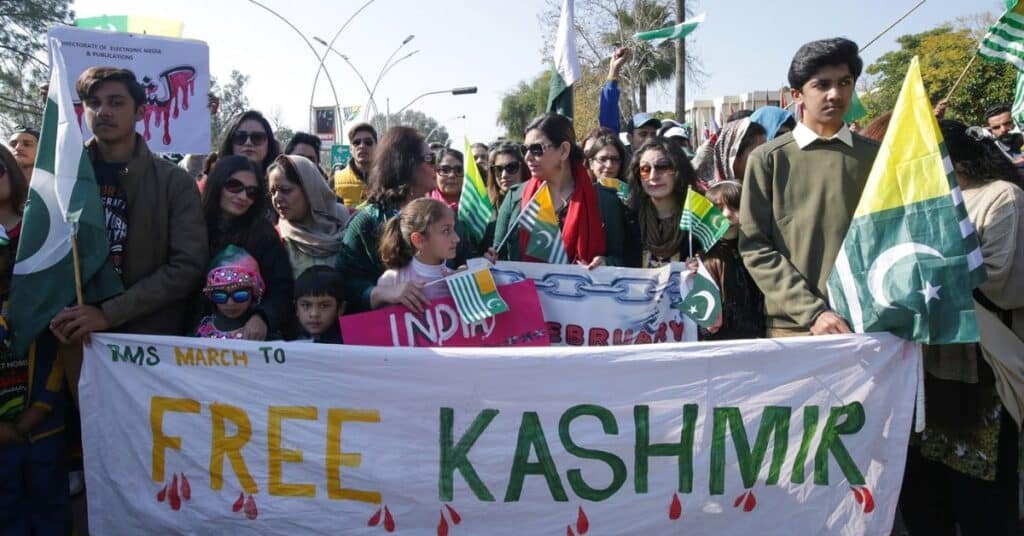PESHAWAR: Khyber Pakhtunkhwa Finance Advisor, Muzzammil Aslam, has strongly criticized the federal government’s economic performance at the end of the fiscal year, stating that the practice of manipulating results (similar to “Form 47”) has now extended even to the Economic Survey of Pakistan.
He said the government has reported a GDP growth rate of 2.7%, while the target was 3.6%. According to him, he advised the Prime Minister last week to tell the public the real GDP figure, adding that even a 2.7% growth rate is an embarrassing number.
Muzzammil Aslam noted that in 2021 the GDP growth was 5.7% and in 2022 it was 6.4% at the end of Imran Khan’s government, yet that administration was blamed for poor economic performance.
He questioned how long the government would continue to sell the “myth” of economic improvement. According to him, after Imran Khan’s government ended, the GDP growth rate was -0.2% in 2022–23, 2.5% the following year, and this year it’s reportedly 2.7%.
He further said that with a population growth rate of 2.5%, the average GDP growth over the past three years has only been 1.5%. He cited the return of 30% of sacrificial animals from Karachi before Eid-ul-Adha as a sign of economic weakness. Inflation figures were also manipulated, and excessive taxation has reduced the purchasing power of the people.
Aslam criticized the government for admitting a 13.5% decline in major crop production—including wheat, sugarcane, rice, and maize—while still claiming a 4.7% increase in livestock production, which he deemed incomprehensible given the current food shortage.
According to government data, large-scale industry contracted by 1.5% while small-scale industry grew by 8.8%. Aslam sarcastically remarked that this was nothing short of a miracle.
Quoting a World Bank report, he said 45% of Pakistan’s population now lives below the poverty line, which equates to 110 million out of a population of 240 million.
He also pointed out that core inflation remains at 11.6%. In just three years, the government has sought IMF assistance four times, and the Prime Minister himself admitted that not a single penny of investment has come into the country.
Aslam concluded by stating that at the end of Imran Khan’s government, the total debt stood at Rs 43,500 billion, which has now ballooned to Rs 75,000 billion in just three years—an increase of Rs 31,300 billion. According to him, there is little room in the budget to provide meaningful relief to the public.
Read also: Monthly trade deficit dips to $2.6B on export growth: State Bank





